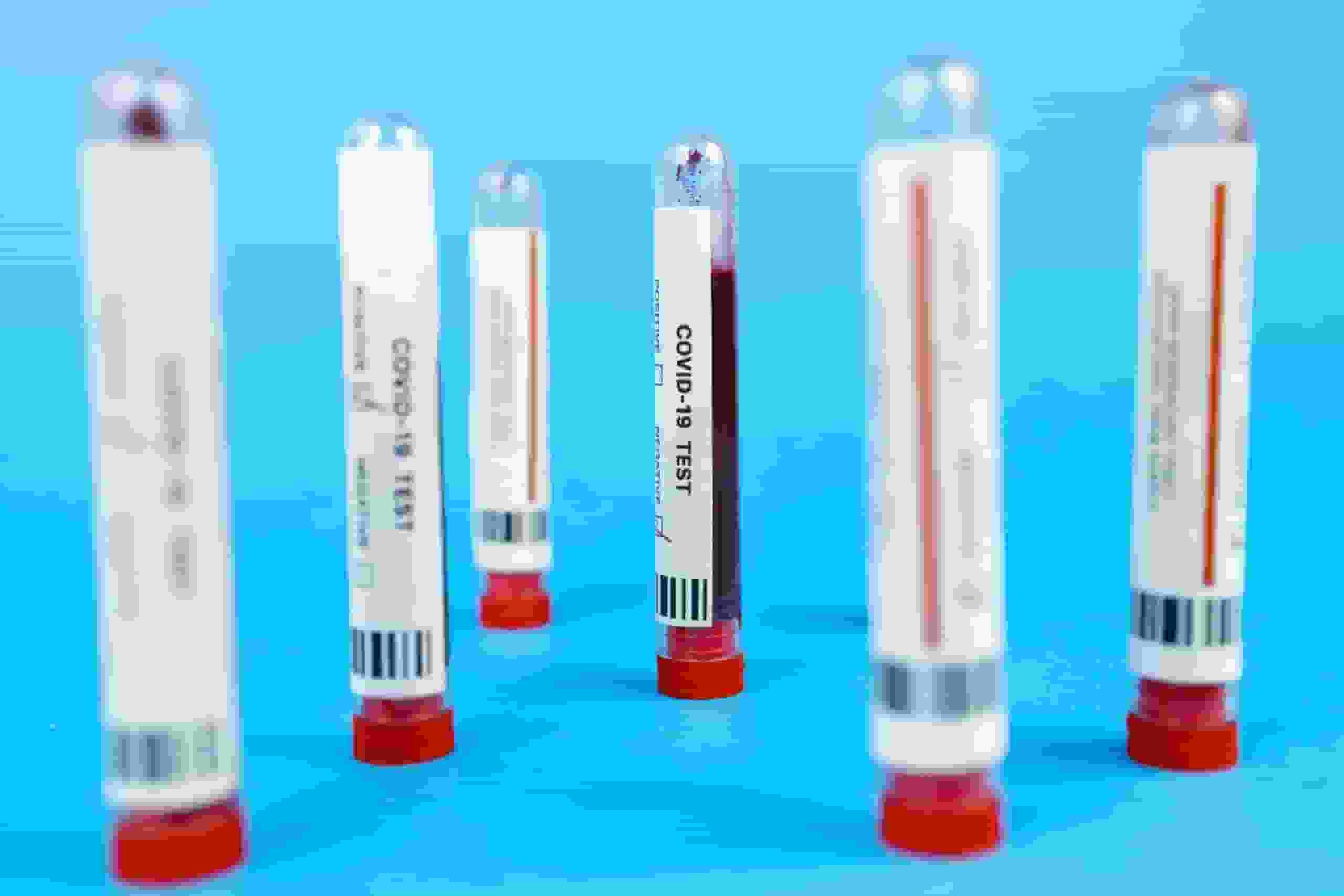
According to a new study by researchers at the German Primate Center (DPZ) – Leibniz Institute for Primate Research and Friedrich-Alexander University Erlangen-Nürnberg, the COVID-19 Omicron subvariant BQ.1.1, is immune to all approved antibody treatments.
Infection with the SARS coronavirus-2 (SARS-CoV-2) or vaccination with COVID-19 induces an immune response, producing neutralizing antibodies that protect against (re)infection with SARS-CoV-2 or a severe course of the disease. By binding to the viral spike protein, neutralizing antibodies protect and prevent virus entry into cells.
COVID-19 Omicron Subvariant BQ.1.1
Due to mutations in the spike protein, specific SARS-CoV-2 variants, notably the Omicron variant, evade neutralizing antibodies and cause symptomatic infections even in vaccinated or convalescent individuals.
This is known as immune evasion, and it poses a threat to high-risk populations, such as the elderly and those with weakened immune systems, due to illness or medication, for instance.
Since the emergence of the COVID variant Omicron in late 2021, it has rapidly mutated into numerous subvariants.
One subvariant, BF.7, was recently identified as the predominant variant circulating in Beijing and contributes to a more significant increase in COVID infections in China. BA.5.2.1.7 is shortened to BF.7, a sublineage of the Omicron variant BA.5.
Read more: New AI technique can help predict brain therapy outcomes than the human eye can see
New Omicron Subvariant’s Symptoms

BF7 has the highest infection capacity among the Omicron subvariants in China, according to reports, As it transfers more rapidly than other COVID variants, has a shorter incubation period, and is more likely to infect previously infected, vaccinated or both individuals.
Symptoms of a BF.7 infection are similar to those associated with other Omicron subvariants, primarily upper respiratory symptoms.
Patients may exhibit various symptoms, including fever, cough, sore throat, runny nose, and fatigue. A minority may also experience gastrointestinal symptoms such as nausea and diarrhea.
Read more: Alzheimer’s Disease: Stranded dolphins may have neurological impairment

